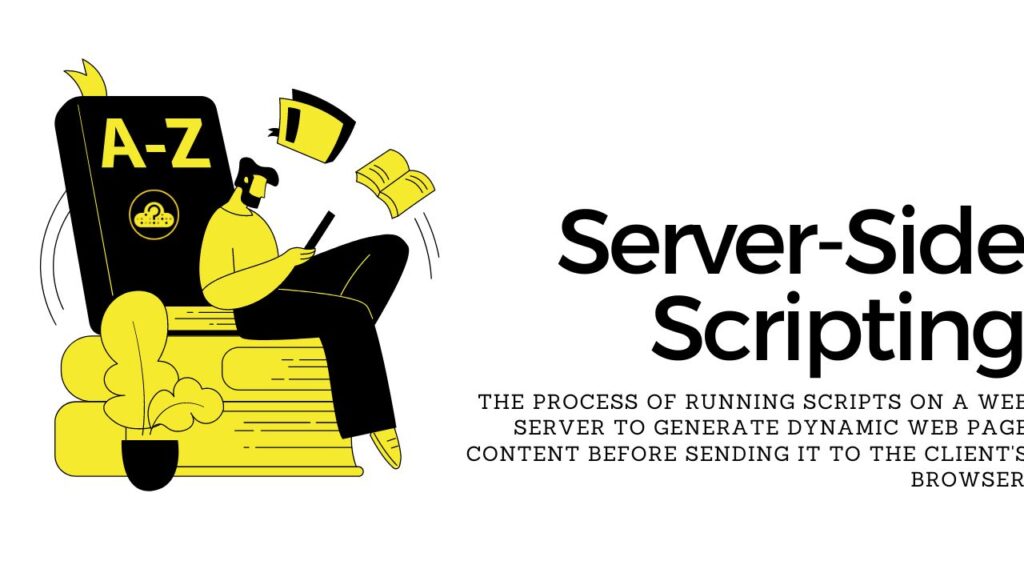What Is Server-Side Scripting?
Server-side scripting refers to the process of running scripts on a web server to generate dynamic web page content before sending it to the client’s browser. This scripting method allows websites to interact with databases, perform calculations, and customize content based on user inputs or other variables.
- Short Definition:
- The process of running scripts on a web server to generate dynamic web page content before sending it to the client’s browser.
- Extended Definition:
-
Server-side scripting is a programming technique used to generate dynamic content on web pages by executing scripts on the server. Unlike client-side scripting, which runs in the user’s browser, server-side scripting occurs on the web server before the page is sent to the client. Common server-side scripting languages include PHP, Python, Ruby, Java, and ASP.NET.
These scripts are embedded within HTML documents and are executed when the server receives a request for a webpage. Server-side scripts can perform various tasks, such as accessing databases to retrieve or update information, processing form submissions, generating personalized content based on user preferences, and interacting with other web services or APIs. This approach enhances the interactivity and functionality of websites, enabling dynamic content generation and efficient data processing on the server side.

Server-Side Scripting Languages in Web Hosting
Server-side scripting languages play a pivotal role in web hosting environments, offering developers the flexibility to create dynamic and interactive web applications. These languages, such as PHP, Python, Ruby, and ASP.NET, are executed on the web server, enabling it to process requests, interact with databases, and generate customized responses for users.
When selecting a web hosting provider, compatibility with server-side scripting languages is essential. Hosting plans typically support a range of scripting languages, allowing developers to choose the most suitable option for their application requirements. In addition, hosting providers offer environments optimized for specific scripting languages, ensuring optimal performance and compatibility.
Advanced hosting features, such as support for frameworks and libraries specific to each language, can further enhance development capabilities. Furthermore, web hosting services often include features tailored to server-side scripting, such as database support, caching mechanisms, and server-side scripting optimizations, to streamline development and improve the performance of dynamic web applications.
In conclusion, utilizing server-side scripting languages within the hosting environment helps developers create powerful, scalable, and feature-rich web applications that meet the needs of modern users.
For more definitions, check out our dedicated Definitions List.
